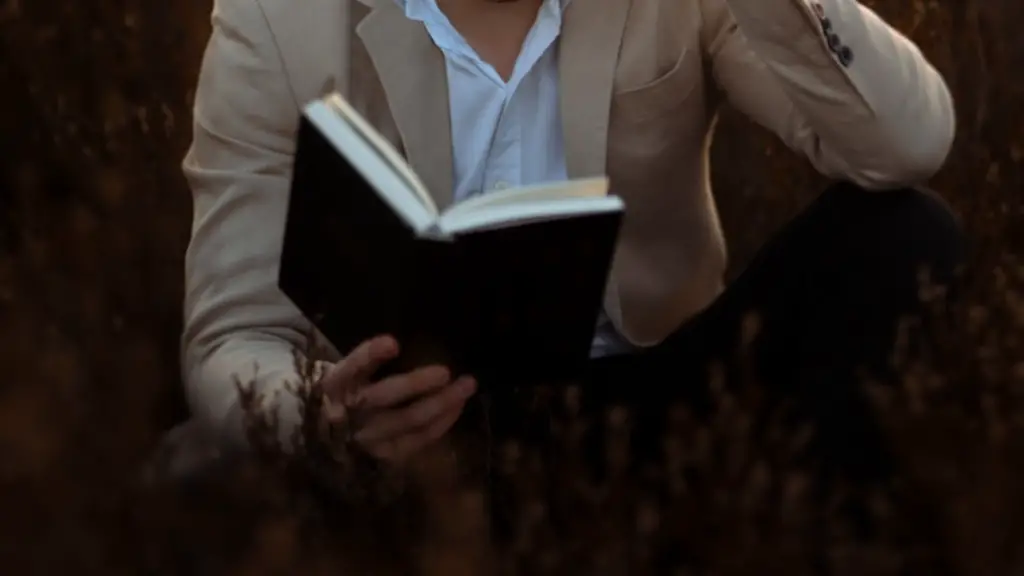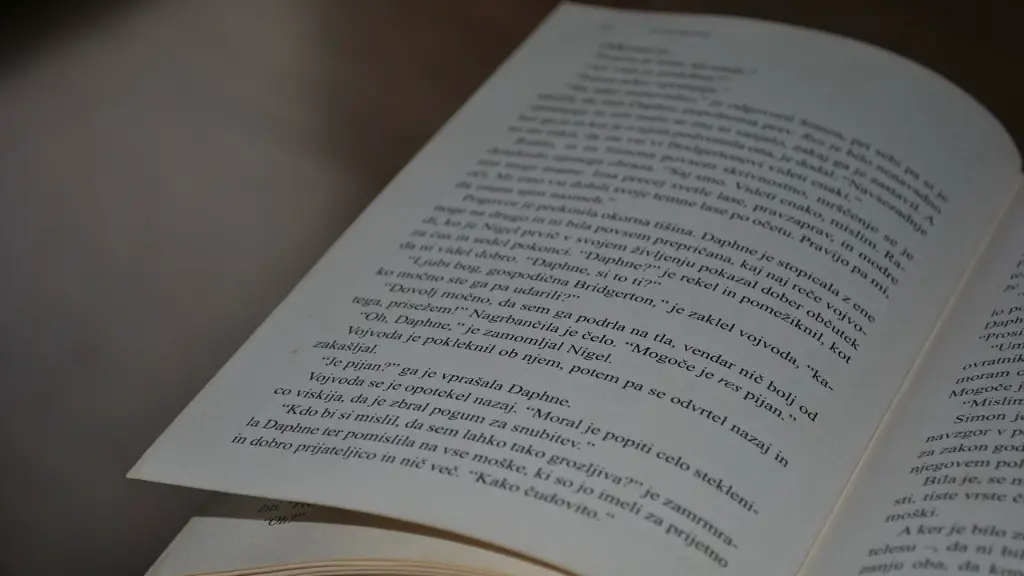True poetry is more than rhyming couplets printed on a page. It is art—evocative pieces that go beyond the written word to touch us at a deeper level, tapping into our emotions and beliefs. Through the written word and application of rhythm and sound, poetry can help young children to gain a greater understanding of language and the world around them.
Poetry can help to develop literacy skills in an engaging, meaningful way, and the best poetry for children should be fun, humorous, and contain interesting language. Children can learn to appreciate the beauty of words and how to use, explore and create them. As toddlers, they can learn to recite poetry, encouraging them to listen, join in and eventually create their own works.
When it comes to kindergarten children, poems should be short, simple and rhyme. Themes should be tailored to the kindergarten level and focus on things that appeal to young children, like animals, the weather, and food. Nursery rhymes are also a great way to introduce poetry to these learners. Repetitive rhymes and catchy tunes help younger kids further build their language and comprehension processes. Longer poems can be broken down into portions to read by kindergarten children, allowing them to chronicle the progress of a poem as well as the pleasure of its construction.
In addition to being fun and amusing, poetry can also provide valuable lessons to young children. It allows teachers to introduce important topics such as family, friendship, and acceptance in an interesting and relatable way. Poetry that includes humor will encourage a child to explore their own imaginative restraints and develop along their own grown paths. This teaching approach can also be helpful in challenging kids to think creatively and become more in tune with their environments.
Teachers need to act as the bridge between the words and the learners. By making the poem practical and interactive, teachers can engage their kindergarten students in the poems. Using props to re-enact poems or objects to help explain the hidden meaning in a poem are two ways teachers can help kids not only comprehend but appreciate a poem. At times, teachers can also pick a thought-provoking poem that will help children understand their own emotions better and interact more with their peers. This way children are exposed to a more profound side of poetry that can help them become more expressive and build lifelong memories of special moments experienced in their classrooms.
Exploring Imagination with Poetry
Writing poetry in the kindergarten classroom helps to build the skill of creative expression in a very strong, meaningful way. Students learn to express themselves through a medium that allows them to be creative with words, sounds and metaphor. This form of expression also supports children to venture into the unknown while harnessing their creativity. Teaching poetry to kindergarten kids can also spark their imagination, allowing them to think in a unique way and understand the power of words.
Teachers should be encouraging the children to make links between language and visual art; exploring different phrases, words and rhythms and discovering how they are linked. As they explore the different elements of poetry, they can be asked to take turns in class to explore their own ideas and create a tangible piece of art. Going outdoors and exploring nature can also be a great way to get kindergarten children to observe their surroundings, connect to the environment and apply their creative imaginations to craft their own special pieces of work.
The Benefits of Poetry for Kindergarten
Poetry has numerous benefits for young children. Not only does it expose them to different language and structures, but it also aids in the development of their vocabulary, fluency, and confidence, as well as their comprehension skills. Poetry encourages children to think outside the box and come up with creative solutions to problems. Furthermore, it encourages children to use their creative side and allows them to develop their own writing style.
In addition, poetry helps children to explore their emotions and can teach them valuable lessons about the world. Poems can help children to understand empathy and how their own experiences are not unique. Lastly, poetry encourages children to express themselves in ways that they may be unable to with words—by using different sounds and language structures.
Good Habits Through Poetry
Poetry gives students a safe place to express themselves, both verbally and through writing. Students learn to listen to each other and to respect their peers’ voices and ideas. Not only is poetry a great literacy-building tool, but it also helps instill values and good habits that are important for children in kindergarten. They learn to appreciate language, to respect and to include others, and to think outside the box—all of which are essential behaviors for any child.
By providing opportunities for children to engage in spoken and written poetry, teachers can provide a unique platform to nurture their development. These learning opportunities will cultivate their skills, but also their appreciation and understanding of language.
Encouraging Creative Thinking
Creative thinking is so important for children in kindergarten, as it helps them to look at problems from different angles, appreciate different perspectives, and be more imaginative. By encouraging creative thinking, teachers can prepare students to take educated risks and face new challenges in life from a more confident, innovative perspective. Poetry can serve as a great platform for teachers to help students think creatively and break the traditional means of introduction.
Conversations about the poem with their peers can also spur creative thinking. Asking questions such as “what do you think this means” and “how does this connect to your own experiences” can help children to think creatively around a particular piece of poetry, aiding in the development of their critical thinking skills.
Teaching Life Lessons Through Poetry
Teaching life lessons to kindergarten children through poetry is a great way to help them understand big ideas like joy, sadness, grief and other emotions that might be difficult to discuss. Poetry allows children to further explore the world around them without fear of being judged. As they grow, children learn to approach life by looking at it through a positive lens, losing the fear of being vulnerable.
In addition to introducing difficult topics in a safe and secure way, poetry can also be educational. For instance, poems about the environment can teach children about the necessity of preserving the earth, about animals and their importance in the geographical balance, and about other topics that are important to their lives today. Poetry can help them develop a greater understanding and appreciation of the world around them.
Bringing Poetry to Life
Kindergarten teachers should strive to make reading, reciting, and writing poetry a fun, memorable learning experience. Incorporating music, drama, and other art forms is a great way to keep children engaged and help them understand the text in a new light. For example, selecting a poem that focuses on a specific subject matter and then having the children create drawings or a dance to demonstrate the poem’s meaning can help them to further comprehend the material.
Creating groups in class to create and perform poetry is a great way to interact with peers and gain confidence in their own poetic abilities and encourages children to collaborate and use their individual strengths to create amazing pieces of poetry. As children practice performing and expressing their poems, their literacy abilities will develop as well.




